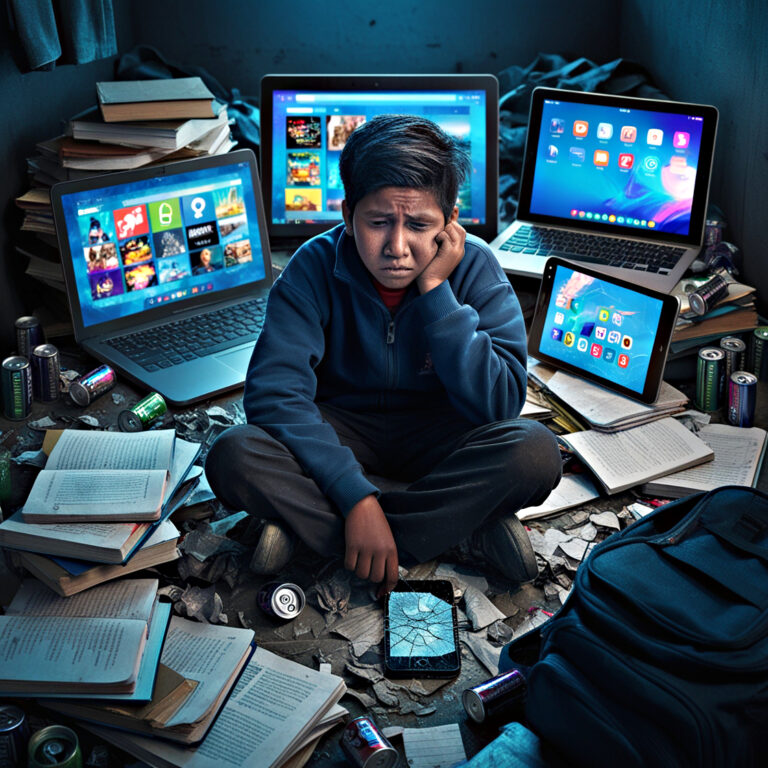In today’s digital age, many people spend a significant portion of their day online. From connecting with friends to streaming shows, technology keeps us entertained and engaged. For Gen Z, internet has always been a constant presence, providing instant access to social updates, news, and entertainment.
However, the constant pull of the digital world comes with its own challenges. Recently, 48% of Gen Z reported trying to reduce their screen time, raising questions about how this shift could impact their mental health.
The Appeal of Connectivity
Being online offers many benefits, especially for staying connected and updated through social media platforms like Instagram and TikTok. The fear of missing out (FOMO) drives this constant engagement, as people strive to keep up with the latest trends and friends’ activities.
Streaming, gaming, and online learning also provide endless entertainment and self-improvement options, which feel natural to Gen Z, who grew up with smartphones. Yet, as digital fatigue sets in, some are reconsidering the effects of too much screen time on their well-being.
Screen Time Across Generations
Different generations use screens differently. While baby boomers (1946 – 1954) and Gen Xers (1965-1980) often use tech for work and news, millennials (1981-1996) balance career and social media. Gen Z, however, lives in a fast-paced online world dominated by visuals. A survey finds 48% wanting to reduce screen time. Millennials follow at 43%. This suggests a growing awareness of digital overload and its link to mental health issues like anxiety and disrupted sleep.
Gen Z’s Mental Health Focus
Why is Gen Z rethinking screen time? A rising awareness of mental health could be the answer. Excessive screen use, particularly on social media, can cause feelings of isolation, inadequacy, and burnout. By cutting back, many in Gen Z are prioritizing in-person connections and self-care. This shift reflects a desire for a more balanced, healthier lifestyle.
Finding Balance
Regardless of generation, reducing screen time can protect mental health. Consider setting screen time limits, scheduling digital detoxes, and engaging in offline activities like reading or exercising. The goal isn’t to give up technology but to find a balance that supports well-being.
Gen Z’s embrace of digital minimalism offers a valuable lesson: sometimes the best way to care for our mental health is to step away from our screens and reconnect with the world around us.












प्रतिक्रिया